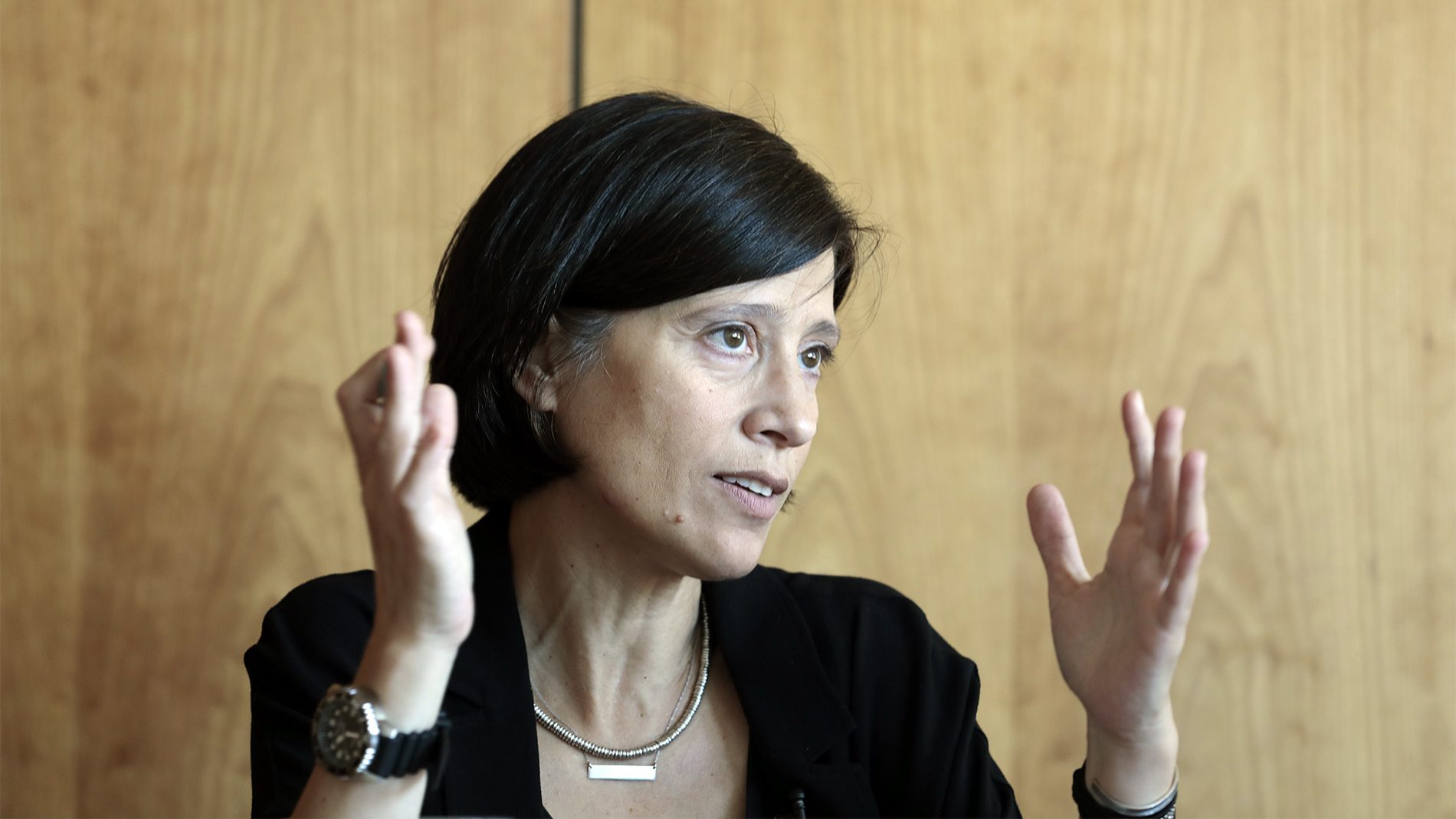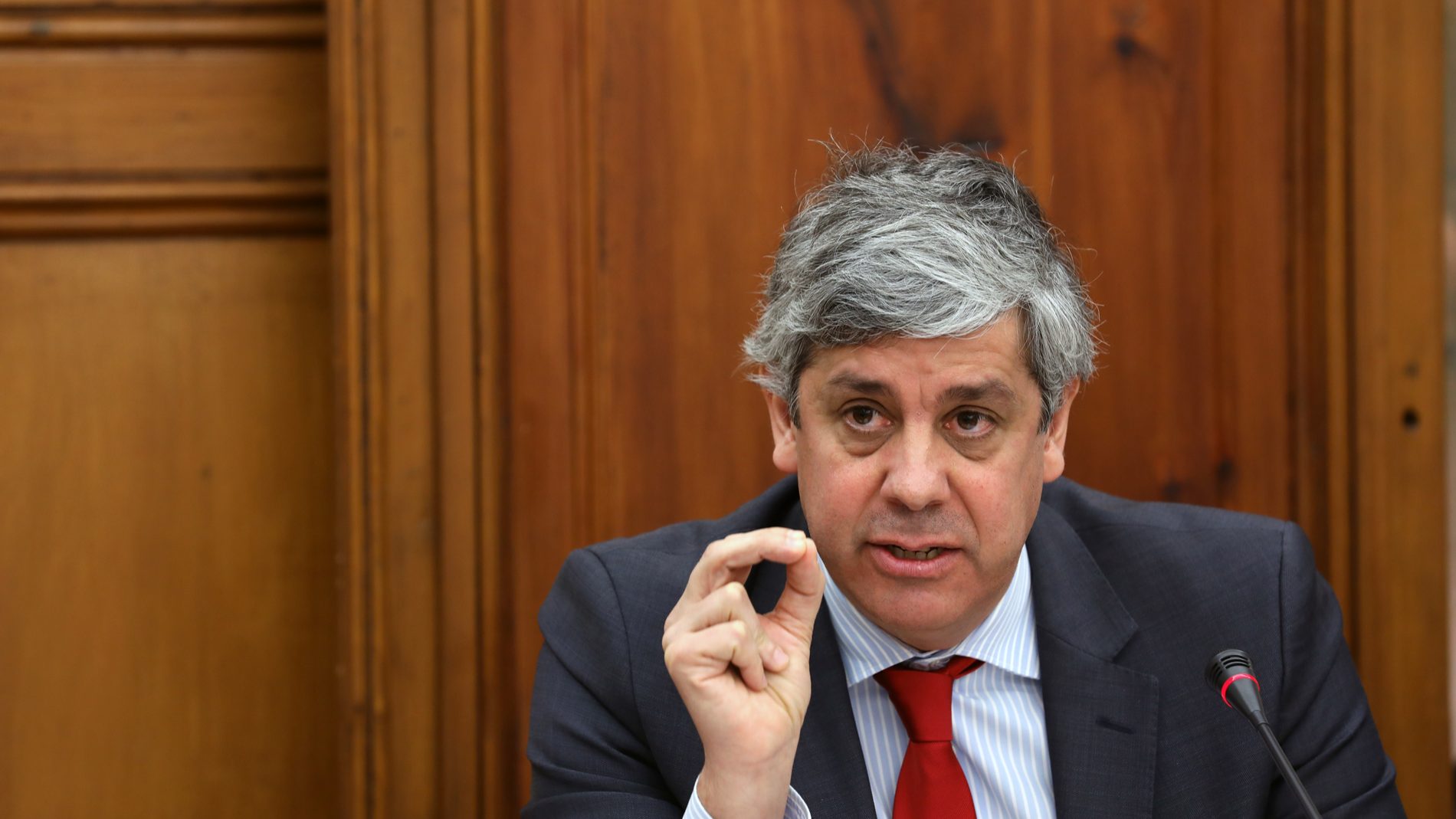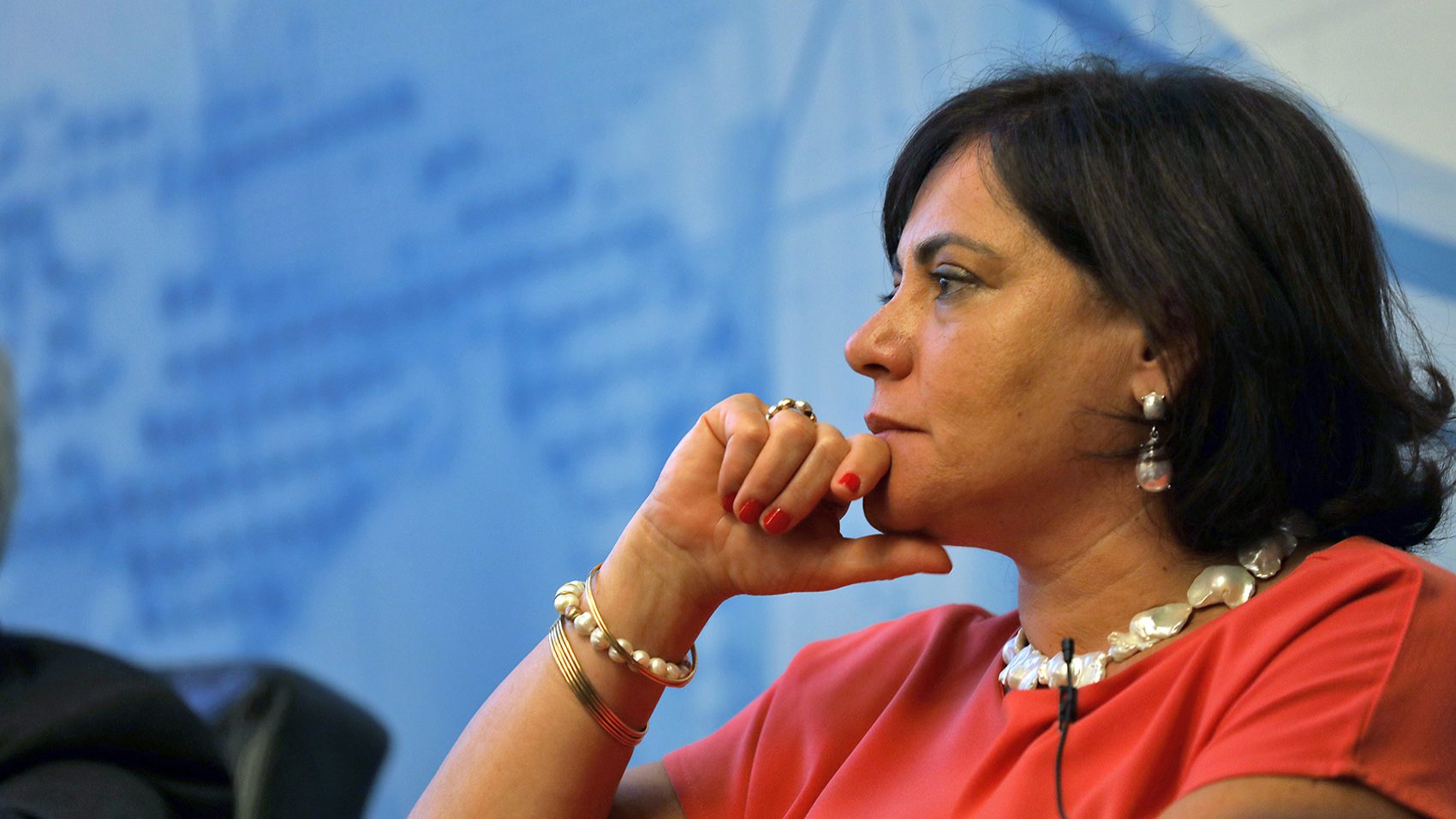Portugal is repurchasing debt. Centeno is already working on taking down the 2021 wall
The Portuguese Treasury returned to unannounced repurchase operations. In February, it acquired 250 million euros in bonds and it is already softening the 2021 reimbursement peak.
Without any announcement, once again, Portugal repurchased public debt in February. The Portuguese Treasury went to the market to “rescue” 250 million euros in bonds maturing in the next couple of years, after being freed from the International Monetary Fund extra penalty, in January. It is the continuation of the Government’s efforts to cheapen even further the State’s indebtedness. But there is something new: the Finance ministry is already tackling the reimbursement “wall” it faces in 2021.
The Portuguese Debt Management Agency (IGCP) repurchased, in February, 150 million euros in securities maturing in June of 2019 and 100 million euros in securities maturing in April of 2021. These repurchases had two new aspects to them:
- Unlike past repurchase operations, this time, there was no replacement for new debt, which means Portugal completely got rid of those “more expensive” bonds, instead of “delaying” their maturity;
- The reimbursement peak foreseen for 2021 — with payments to the market already rising to around 17 billion euros — is already being worked on between Mário Centeno and Cristina Casalinho.
When contacted, the Finance ministry and IGCP refrained from answering ECO’s questions.
Even so, a slideshow from IGCP helps understand how Cristina Casalinho is explaining these debt management operations “to smooth the redemption profile”: IGCP has reimbursed 83% of IMF’s loan and we have made 20 million euros’ repurchases in February; those options were taken considering this reimbursement calendar.

Where did those 250 million come from? Since there is no replacement for new debt — and so, these operations have not been publicly communicated –, IGCP resorted its own money to make those repurchases. This year, IGCP’s liquidity buffer should shrink in two billion euros in 2018, from 9.8 billion to 7.8 billion, according to forecasts made by the institution.
Liquidity cushion gives Casalinho a rest

Also according to IGCP’s forecasts, the cost of the Portuguese public debt should decrease in 2018 to 2.8%, the lowest amount of the decade. Cristina Casalinho also foresees bond interest rates decreasing to 3.5% and Treasury bills falling to negative ground: -0.3%.




